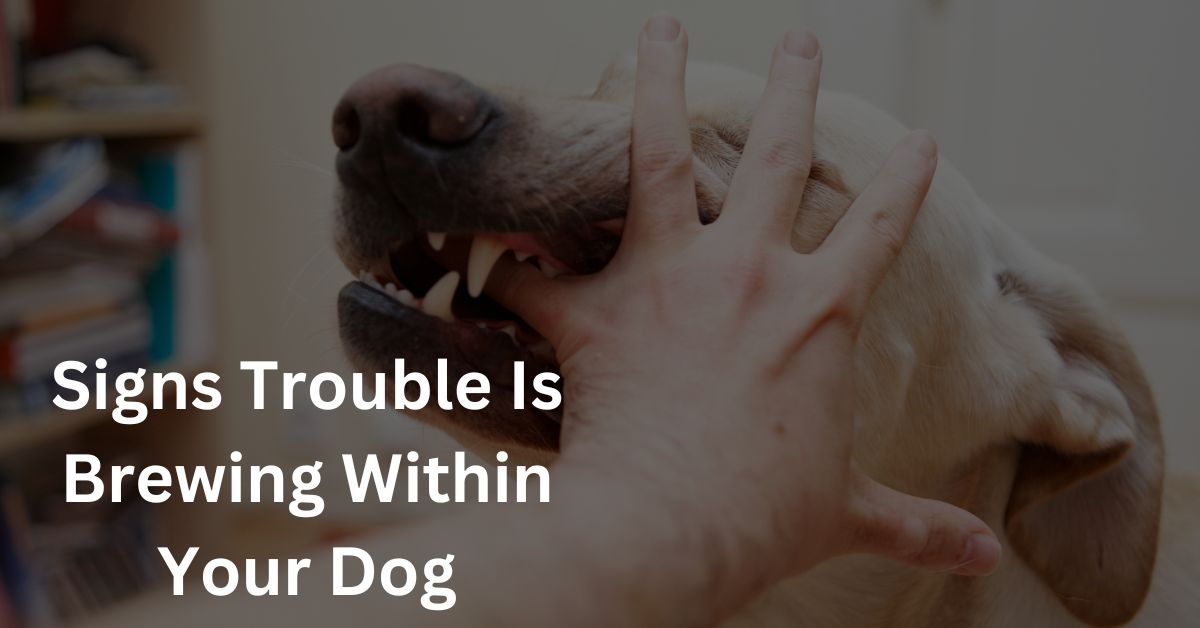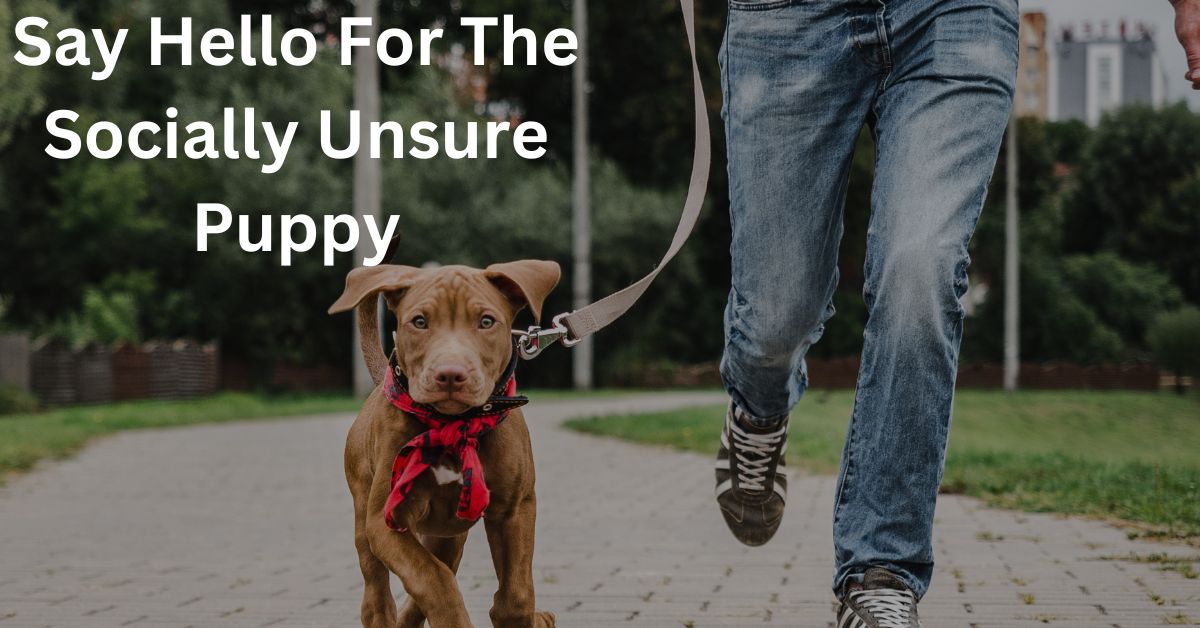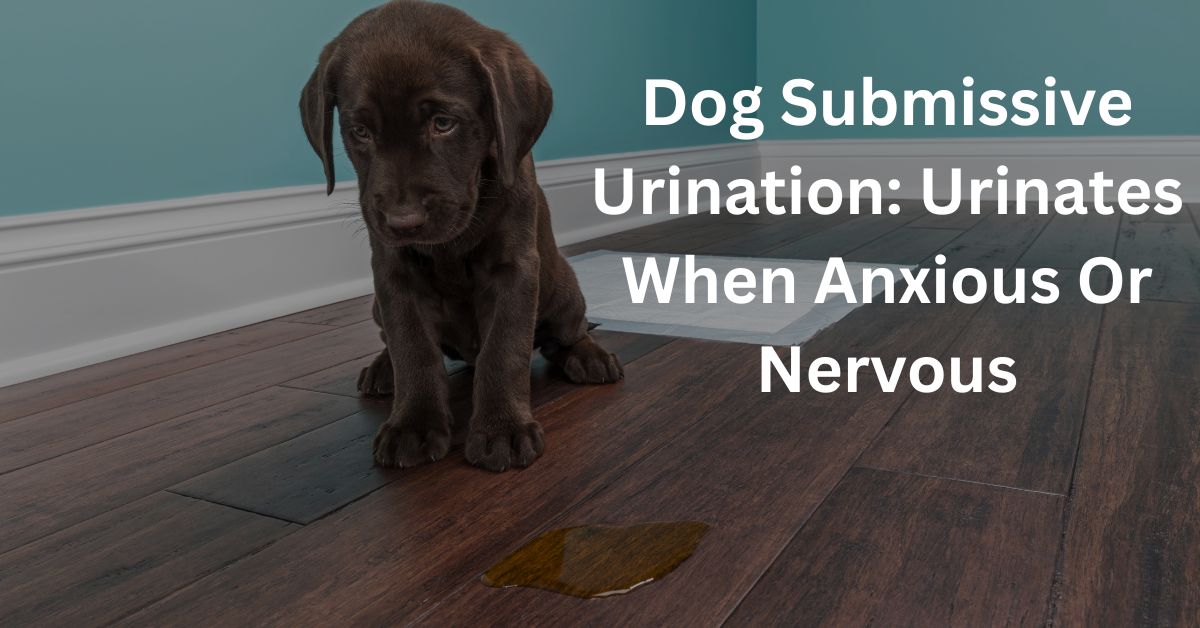Are you wondering, “Can dogs eat cheese”? This is a common question among dog owners, as we all want to ensure our dogs can enjoy their treats safely.
Yes, dogs can eat cheese in moderation. Most dogs are Lactose intolerant, so cheese with lower lactose levels, like cheddar or mozzarella, is safer. Be cautious of high-fat content and watch for any digestive issues. Consult your vet for specific dietary guidance for your dog’s health.
This article will delve into the world of dogs and dairy, highlighting safe options and cheeses that should be avoided.

Table of Contents
Can Dogs Eat Cheese?
Dogs can eat cheese, but knowing which types are safe and which should be avoided is essential.
Safe cheeses for dogs
Giving your dog the correct type of cheese is crucial for their health.
- Mozzarella is a safe option for dogs due to its low-fat content.
- Cottage cheese provides essential nutrients and is easily digestible for canines.
- Soft goat cheese is another healthy choice, rich in calcium and beneficial for maintaining strong bones and teeth.
- Plain cheddar, if fed moderately, poses little risk to your pet’s health.
Cheeses to avoid giving to dogs
Avoid feeding your dog these types of cheeses:
- Moldy cheeses: notably Blue cheese, can induce toxicity in dogs.
- High-sodium cheeses: like hard-aged cheeses, may lead to salt poisoning in dogs.
- Cheeses high in fat content: contribute to obesity risks in dogs.
- Cheeses with harmful additives: are unsuitable for canine consumption due to potential health impacts.
- Be wary of certain gourmet cheeses: as they may contain ingredients detrimental to a dog’s health.
- Cheese high in Lactose: rich dairy products can trigger lactose intolerance symptoms since dogs lack sufficient lactase enzymes.
Benefits of Cheese for Dogs
Incorporating cheese into your dog’s diet can offer a range of benefits. The nutrient-rich dairy product provides protein, calcium, and vitamin A. These nutrients play an essential role in maintaining your dog’s overall health.
Protein aids muscular development, while calcium strengthens their bones. Vitamin A supports quality hair growth and eye health.
Cottage cheese serves as a fantastic low-fat, low-calorie option for dogs. It carries less Lactose than other varieties, making digestion easier for pets with intolerance to the sugar found in milk products.
With its nutritional value, cream cheese also falls under safe options, but like any treat or addition to regular meals, serving moderation remains crucial.

Risks of Feeding Cheese to Dogs
Feeding cheese to dogs comes with several risks that pet owners should be aware of. Firstly, dogs are born with lactose intolerance and lack the digestive enzyme lactase, making it difficult for them to digest the Lactose in cheese.
This can lead to gastrointestinal upset, including diarrhea and gas. Additionally, certain breeds may be more prone to developing pancreatitis when consuming high-fat foods like cheese.
The high-fat content found in some cheeses can increase the cheese’s calories, which could lead to weight gain in your dog.
Pancreatitis is a severe condition that can cause pancreas inflammation and lead to abdominal pain, vomiting, and loss of appetite in dogs. It’s important to note that some types of cheeses, like blue cheese, can be poisonous or toxic to dogs due to their mold content.
While small amounts of cheese can provide nutritional benefits such as protein, calcium, vitamin A, essential fatty acids, and B-complex vitamins for dogs, it is generally safest to avoid feeding cheese altogether due to its potential risks.
Feeding Cheese Safely to Dogs
To feed cheese safely to your dogs, remember that moderation is vital. It’s essential to consider their lactose intolerance and choose cheeses that are lower in Lactose or lactose-free.
To safely feed cheese to your dog, moderation is key. While it is generally safe for dogs to eat cheese, it should be given in appropriate quantities. Too much cheese can lead to digestive issues and obesity in dogs.
Remember the importance of portion control and consider your dog’s dietary restrictions and nutritional needs. Moderation ensures that your dog can enjoy the benefits of cheese without any adverse effects on their health.
Keep an eye out for any allergies or sensitivities your dog may have, as this will help you determine the right amount of cheese to give them. Practicing moderation can provide a balanced diet and maintain your canine companion’s overall wellness and digestive health.
Final Thoughts
Dogs can eat cheese, but it should be done in moderation. Some cheeses are safer for dogs than others, and it’s essential to avoid giving them certain types of cheese that could be harmful.
Consider your dog’s needs and consult with a veterinarian before adding cheese to their diet.
Before You Go
If you would like to discover which other foods your dog can eat, you will find these articles helpful.




Leave a Reply